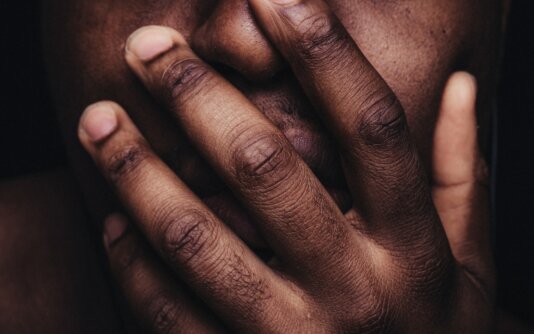- About
- Topics
- Picks
- Audio
- Story
- In-Depth
- Opinion
- News
- Donate
- Signup for our newsletterOur Editors' Best Picks.Send
Read, Debate: Engage.
| topic: | Human Rights |
|---|---|
| located: | Indonesia |
| editor: | Leo Galuh |
In early January, Indonesian President Joko Widodo made a positive gesture by recognising and expressing deep regret over the country’s past human rights violations. His remarks on 11 January are a fairly rare occurrence given that Indonesia has been blamed by the international community for ignoring human rights violations.
President Widodo was advised to make the remark by a government-commissioned team intended to develop proposals of restitutions for victims. This team was established in August 2022 through a presidential decree with the assignment of bringing to light the country’s history and preventing past cruelties from repeating in the future. Even though such a measure may help to remove the country’s negative image, the President’s apology by itself does not equate to action.
The committee identified 12 identified incidents of grave human rights violations, including the mass executions of communists and their sympathisers in 1965, which resulted in the deaths of about 500,000 people, Reuters recorded. The report also identifies the heinous incident that occurred in 1998, in which protesters urged former-President Soeharto to step down and killed 32 civilians. This was also followed by riots in Jakarta targeting the Indonesian-Chinese minority, in which 1,200 people perished.
Following the release of the report, Indonesia can work with the United Nations (UN) to begin investigating those breaches of 12 human rights. The UN has, in the past, documented human rights crimes in Indonesia, and the country’s judiciary branch can benefit from the procedural insights of the international body.
“We can learn from what the UN has proposed in the past, what policies or government actions were deemed to violate human rights,” stated a criminal code lecturer of Trisakti University, Abdul Fickar Hadjar.
Law enforcement action against the still-living perpetrators of the humanitarian crimes is urgently needed. The government should then allow victims to demand compensation claims for these violations. Some of them, like the victims of the 1965 massacre or the 1998 riot, have been living under pressure for years and still carry a deep trauma, especially as they face stigmatisation by society.
“Both measures must be handled by a government-formed commission or committee composed of representatives from several agencies,” Hadjar said.
Without clear steps to make up for the past, President Widodo's words will be meaningless. Rivanlee Anandar, Deputy Coordinator of the Commission for Missing Persons and Victims of Violence (Kontras), claimed that the President's acknowledgement of human rights crimes was merely a political gimmick or a repeat of past pledges.
In their search for justice, the long-ignored victims are undoubtedly hoping for government assistance. Now, the government must pay attention to their concerns.
“A mere acknowledgement without efforts to bring to trial those responsible for past human rights abuses will only salt the wounds of victims and their families. Put simply this statement is nothing without also addressing accountability and bringing an end to impunity,” explained the executive director of Amnesty International Indonesia, Usman Hamid.
Photo by Bagir Bahana

